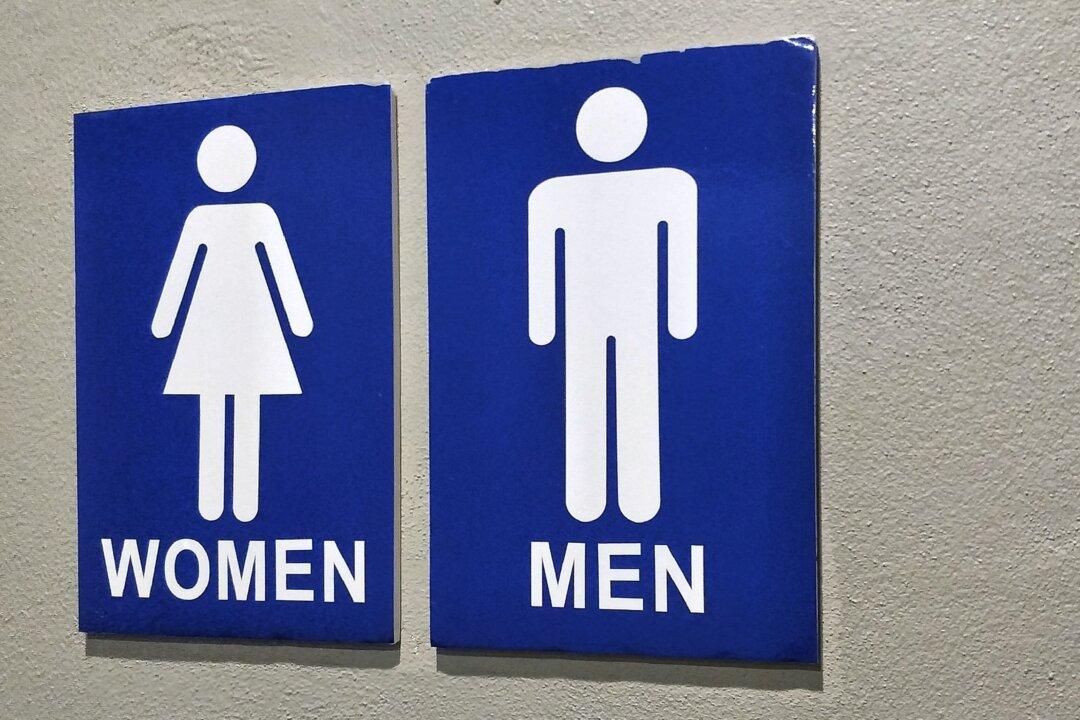The government has launched a toilet consultation on Sunday over plans to crack down on gender-neutral toilets in England.
Announcing the planned rule change, women and equalities minister Kemi Badenoch said the proposals will “ensure every new building in England is required to provide separate male and female or unisex facilities.”





